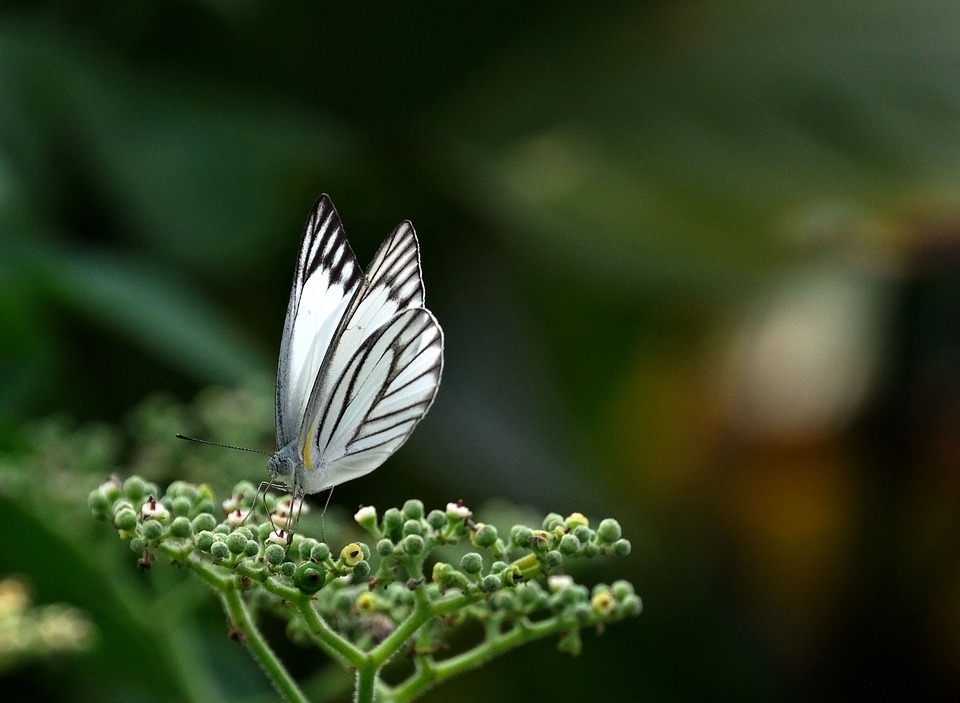As the weather warms up and outdoor activities become more frequent, the threat of unwanted pests looms large. Mosquitoes, ticks, and other biting insects can turn a relaxing day in the sun into an itch-ridden nightmare. While it’s essential to embrace the great outdoors, defending yourself against critters is equally important. Enter outdoor bug sprays—the frontline defense you need to keep bugs at bay. This comprehensive guide will walk you through everything you need to know about outdoor bug sprays, from understanding ingredients to application strategies.
Understanding Bug Types and Risks
Before delving into bug sprays, it’s crucial to understand the types of pests you may encounter outdoors:
1. Mosquitoes
Mosquitoes are not only annoying but also potential carriers of diseases like West Nile virus, Zika virus, and malaria. They thrive in warm, humid conditions, often breeding in standing water.
2. Ticks
Ticks pose a significant risk as they can transmit Lyme disease, Rocky Mountain spotted fever, and other serious illnesses. They often reside in wooded areas or tall grasses.
3. Ants and Roaches
While not as dangerous as mosquitoes and ticks, ants and roaches can ruin picnics and gatherings. Some species can bite or sting, while others can contaminate food.
4. Flies
Flies, particularly fruit flies and house flies, can be a nuisance at outdoor meals and may transmit diseases if they come into contact with food.
Types of Bug Sprays
With numerous products on the market, it’s crucial to understand the different types of bug sprays available. They primarily fall into two categories: chemical and natural.
Chemical Bug Sprays
These sprays often contain compounds proven to repel or kill insects. Among the most common active ingredients are:
- DEET: Short for N,N-Diethyl-meta-toluamide, DEET is one of the most widely used insect repellents, effective against mosquitoes and ticks.
- Picaridin: An alternative to DEET, Picaridin provides long-lasting protection and is odorless.
- Permethrin: This insecticide is typically used on clothing, gear, and outdoor equipment to repel mosquitoes and ticks effectively.
- IR3535: A synthetic amino acid that is effective against mosquitoes and ticks, it is considered safe for most skin types.
Natural Bug Sprays
For those who prefer a more eco-friendly approach, there are natural options that utilize essential oils to repel insects:
- Citronella Oil: Known for its distinct lemony scent, citronella oil is effective in repelling mosquitoes.
- Lavender Oil: The calming scent of lavender can deter pests while providing a pleasant aroma.
- Peppermint Oil: This oil acts as a natural insect repellent and can also repel spiders.
- Tea Tree Oil: Known for its antiseptic properties, tea tree oil can help repel various insects.
Choosing the Right Bug Spray
Selecting the right bug spray depends on several factors:
- Type of Activity: Consider the duration and nature of your outdoor activity. For a quick walk, a lighter spray may suffice, while a day-long camping trip might require stronger protection.
- Location: If you’re in an area known for ticks or mosquitoes, opt for a product specifically designed for those pests.
- Health and Safety: For those with sensitive skin or allergies, natural repellents may be safer. Always check labels for warnings and safety instructions.
Application Tips
Using bug spray effectively can make a significant difference in your outdoor experience:
- Read Instructions: Always follow the manufacturer’s instructions for application. Some sprays are not meant for use on skin or certain clothing materials.
- Apply Generously: Ensure you cover all exposed skin and clothing. Pay special attention to areas behind the ears, neck, and wrists.
- Reapply as Necessary: Most bug repellents require reapplication every few hours, especially if you’re sweating or after swimming.
- Use in Combination: For added protection, consider combining bug spray with other preventive measures, such as wearing long sleeves, using mosquito nets, and avoiding heavily infested areas.
Conclusion
Preparation is key when it comes to enjoying the great outdoors free of pesky critters. Understanding the different types of bug sprays and choosing the right one for your needs can help ensure a pleasant outdoor experience. Whether you opt for chemical or natural products, following application tips will maximize effectiveness. With this ultimate guide at your disposal, you’re now equipped to defend against unwanted bugs and savor every moment in nature, free from bites and irritation. So gear up, spray up, and embrace the outdoors safely!
